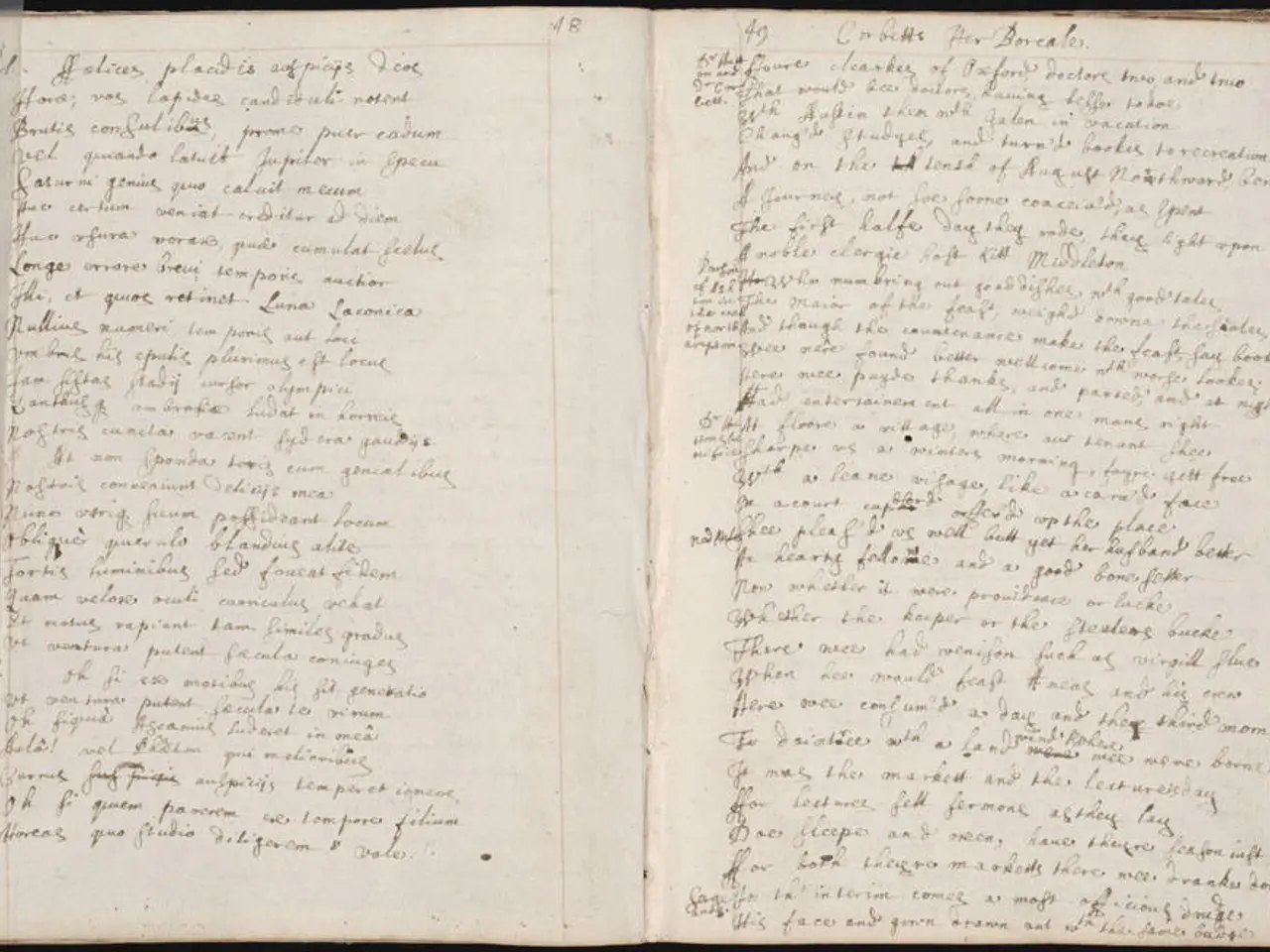Insights Gained from Delving into Foucault's Initial Writings
In the world of academia, the process of scholarly growth and experimentation is a cornerstone of intellectual development. This truth has never been more evident to me than during my current enrolment in a class called "Foucault, Power, and Knowledge." Through this course, I've been given the opportunity to delve into the works of Michel Foucault, one of the most influential thinkers of the 20th century, chronologically.
The curation of academic readings in university courses often reflects ideological and methodological biases. Faculty and institutions may implicitly or explicitly prioritize certain viewpoints, shaping the intellectual environment and dialogue students engage with. This selection process can influence what kinds of arguments and methodologies are presented as legitimate or central within a discipline.
Take, for instance, my class, where we've been reading Foucault's works from the very beginning. At first, I was initially disappointed, expecting to encounter his theory of biopower from the start. However, reading his early works has been a humbling experience, allowing me to appreciate the process of scholarly growth and experimentation.
In the early works of Michel Foucault, his groundbreaking ideas have not yet crystallized, and his writing is difficult to follow. Yet, it is precisely in these works that we can see the seeds of his future theories, the iterative refinement of ideas through dialogue, critique, and empirical investigation that would eventually lead to his influential body of work.
Rafi Lehmann, in his book "The Philosophy of Michel Foucault," identifies Foucault as a relatable intellectual role model in his early works. He writes, "Foucault's early works reveal a thinker who is not afraid to question, to experiment, and to challenge established academic conventions." This experimental process fosters originality and allows thinkers to challenge dominant paradigms, creating influential new frameworks.
Every project, whether successful or not, can lead us towards a new question or approach. Even the greatest thinkers need time to develop their ideas. If Foucault didn't have it all figured out, then there's room for me to get it wrong too. Embracing the process of experimentation is crucial for me to progress towards stronger arguments.
Making use of office hours and connecting with scholars beyond Princeton can be beneficial in research-based courses. Engaging with diverse perspectives that may be initially marginalized or controversial is essential for the development of a well-rounded understanding of a subject. Openness to methodological innovation and interdisciplinary inquiry is also vital for the advancement of knowledge.
The high quality standard of selected works creates an unattainable norm for students' academic writing. However, it is crucial to remember that even the masters, like Michel Foucault, did not expect to produce syllabus-ready papers on their first draft or even their first published books. Reading only the most well-regarded works can distract from the mistakes and failures that led them to their success.
In conclusion, the advancement of influential thinkers like Michel Foucault depends on critical, experimental scholarly practice that challenges and reconfigures existing paradigms. University course readings are inherently shaped by ideological and methodological commitments embedded in academic traditions. By embracing the process of scholarly growth and experimentation, we can foster originality, challenge dominant paradigms, and create our own influential frameworks.
Embracing the junior paper writing phase in my academic journey encourages personal growth and learning by challenging established conventions, similarly to Michel Foucault's experimental process in his early works. Engaging with diverse perspectives in education-and-self-development fosters originality, ultimately contributing to my own growth and potential influential frameworks.
The luxury of error in my own academic writing reminds me that even Foucault, a renowned thinker, didn't immediately produce polished work, emphasizing the significance of the learning process and the importance of self-development through experimentation.




